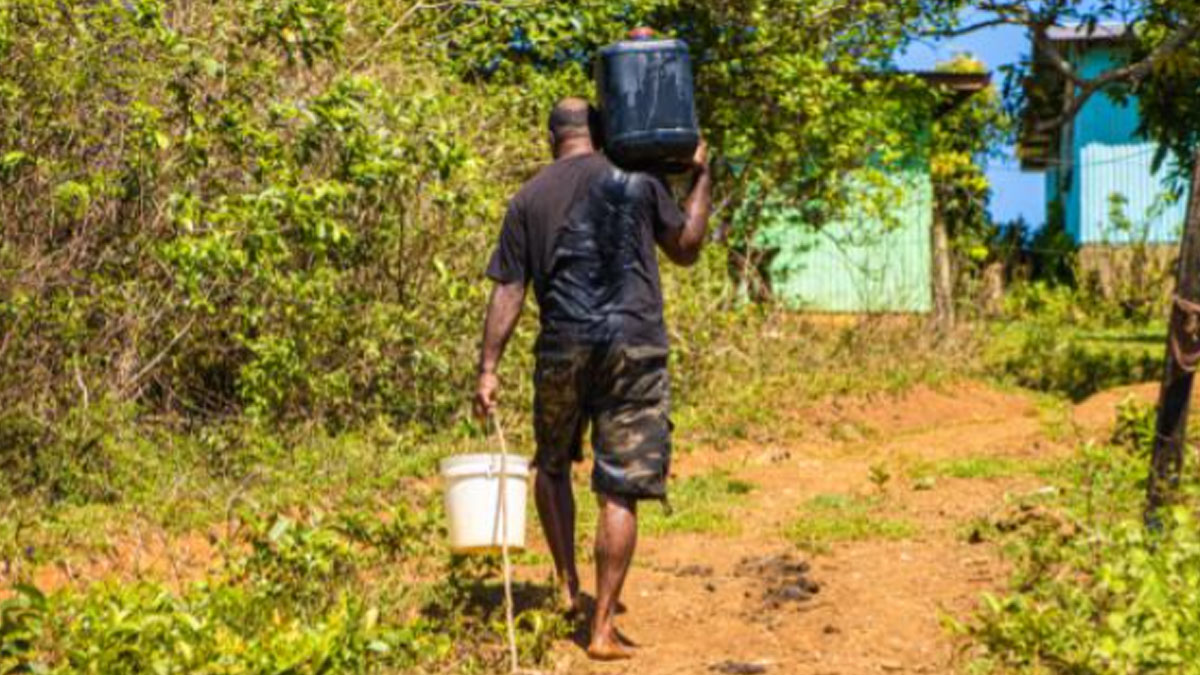
Digicel Fiji, the International Water Centre, Griffith University, and the University of the South Pacific are embarking on a social media campaign to promote good community water management practices.
The four week-online campaign is called Water is Everyone’s Business.
The campaign includes information and links on what good community water management looks like in Fiji, including short video clips with water committee members from around the country.
Each week focuses on different aspects of good water management.
The campaign includes a competition – Celebrating Water Champions in Fiji 2025 (Tamata qaqa ena wai. Pani ke Sanrakshak).
Individuals and water committees are encouraged to respond to posts over the four weeks, sharing comments, photos and/or short video clips of being active in water management – cleaning dams, burying pipes, cleaning tap stands, making repairs, collecting a water fee/doing a fundraising, cleaning roofs/gutters etc.
All entrants have a chance to win free credit and prizes from Digicel Fiji.
According to the WHO/UNICEF Joint Monitoring Programme, access to safely managed water in rural Fiji is around 27 percent, with wealthier groups of people having far greater access to safe water than poorer segments of the population.
Diarrheal diseases remain a leading cause of morbidity in children under five in Fiji, with poor sanitation and water quality the primary driver.
The cases of wasting (low weight-for-height) is one of the highest in the region.
Access to poor quality and/or intermittent water supplies contributes to outbreaks of diseases such as typhoid fever, leptospirosis, and dengue fever.
Digicel Fiji says everyone knows that access to safe and sufficient water services is critical: it improves public health by reducing waterborne diseases and reliable access to drinking water alleviates the heavy burden on women and children.
It says with climate change posing ever increasing challenges, good water management is more important than ever.
In Fiji, as throughout the wider region, water services in rural areas are managed by a water committee – a group of volunteers – and their community.
Research by The University of the South Pacific and the International WaterCentre, Griffith University, demonstrates that many water committees in Fiji are struggling.
The key issues include remaining active, meeting regularly, raising and managing funds (e.g., water fee), changing committee membership, a lack of youth and women in some water committees, not communicating regularly with the wider community, and water committees generally not fulfilling their responsibilities as set-out in the governments Rural Water and Sanitation Policy.
It says water management is not just the role of the water committee: everyone has a role to play, from contributing to regular water fees and fundraising, keeping standpipes clean and well-drained, conserving water, making repairs and regularly cleaning the water source, protecting watersheds from farming, and more.
Stay tuned for the latest news on our radio stations

